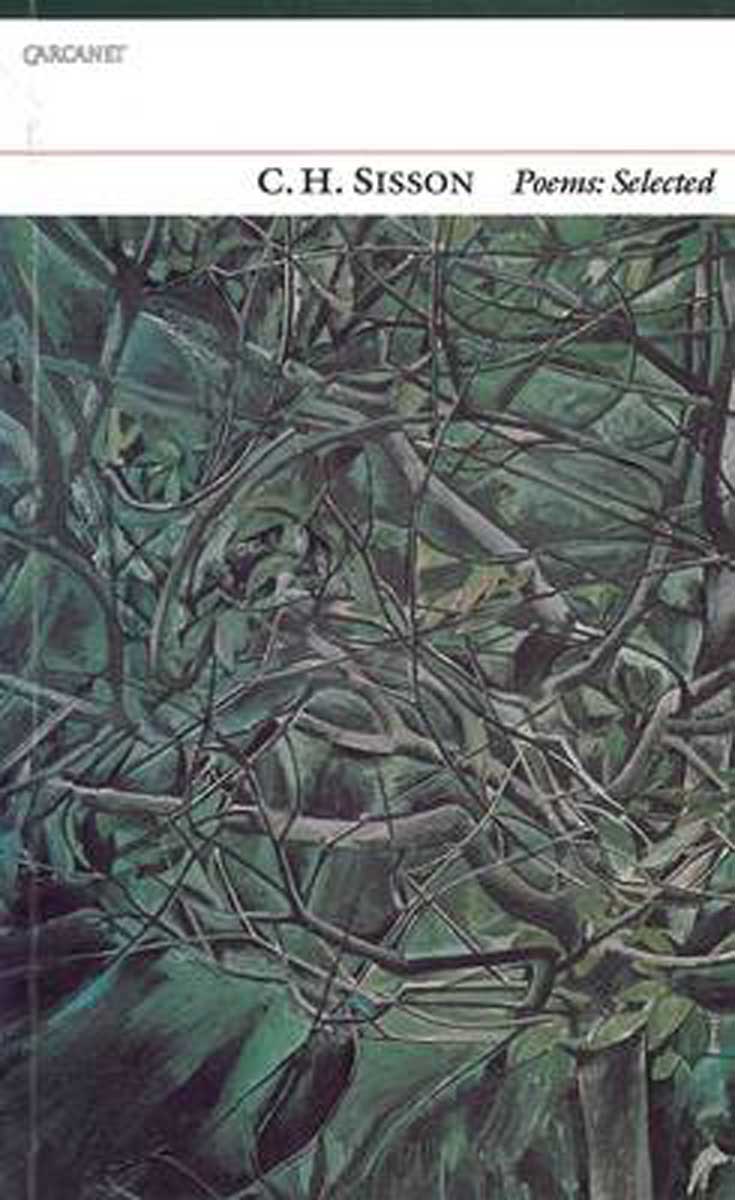Poems
Selected
"Poems: Selected traces" over half a century of C. H. Sisson's work, starting with poems written on a troopship and in Bengal and ending on home ground in Somerset. His beginnings were "without facility, and when I was forced into verse it was through having something not altogether easy to say". A writer "worth a place on the short shelf reserved for the finest twentieth-century poets" ("The Times") and "one of the great translators of our time" ("The Times Literary Supplement"), Sisson occupies an unusual place in English letters: standing apart, his clear-eyed political and literary appraisals and uncompromisedly English stance are inspiring to writers and readers in a wide variety of disciplines. Donald Hall wrote, "His poems move in service of the loved landscapes of England and France; they sing (and growl) in love of argument, in love of seeing through, in love of the firm descriptions of moral self-disgust; they move in love of the old lost life by which the new life is condemned" ("New York Review of Books").
This selection replaces the 1981 "Selected Poems", providing a comprehensive representation of the work and including "Tristia", a sequence written by the poet in his eighty-first year.
This selection replaces the 1981 "Selected Poems", providing a comprehensive representation of the work and including "Tristia", a sequence written by the poet in his eighty-first year.
About the author
Born in Bristol in 1914, C. H. Sisson was noted as a poet, novelist, essayist and an important translator. He was a great friend of the critic and writer Donald Davie, with whom he corresponded regularly. Sisson was a student at the University of Bristol where he read English and Philosophy. As a poet he first came to light through the "London Arts Review" founded by the painter Patrick Swift and the poet David Wright. He reacted against the prevailing intellectual climate of the 1930s, particularly the Auden Group, preferring to go back to the anti-romantic T. E. Hulme, and to the Anglican tradition. The modernism of his poetry follows a "distinct genealogy" from Hulme to Eliot, Pound, Ford Madox Ford and Wyndham Lewis. His novel "Christopher Homm" experiments with form and is told backwards. Sisson served in the British Army during World War II in India and joined the Ministry of Labour in 1936. He worked as a civil servant and wrote a standard text "The Spirit of British Administration" (1959) arising from his work and a comparison with other European methods. Sisson was a "severe critic of the Civil Service and some of his essays caused controversy". In his collection "The London Zoo" he writes this epitaph "Here lies a civil servant. He was civil / To everyone, and servant to the devil". C. H. Sisson was made a Companion of Honour for services to literature in 1993. Carcanet publish his Collected Poems, his novels, essays, and his autobiography On the Lookout, as well as his versions of Dante, Virgil, La Fontaine, Du Bellay, Lucretius and others.


